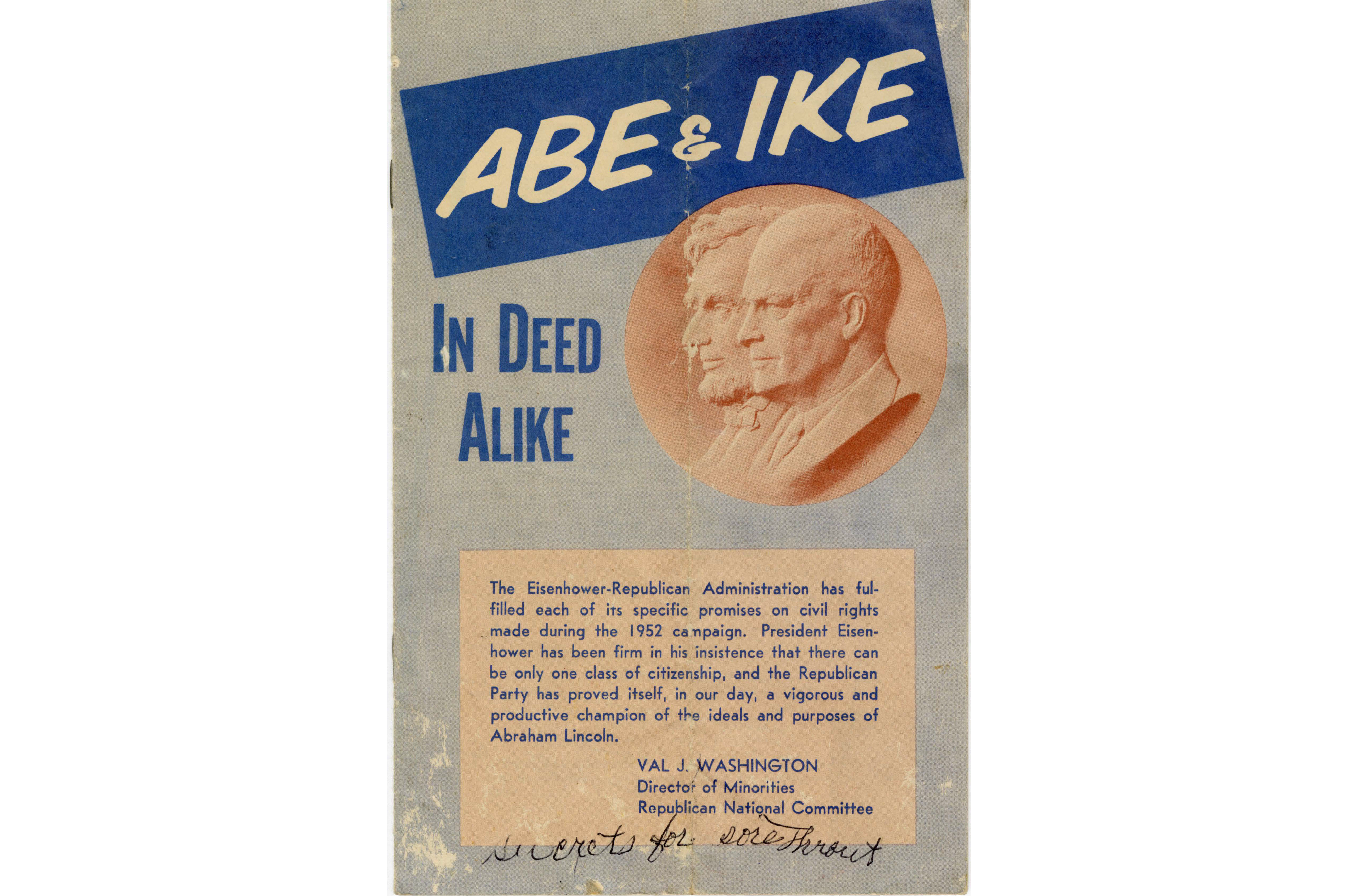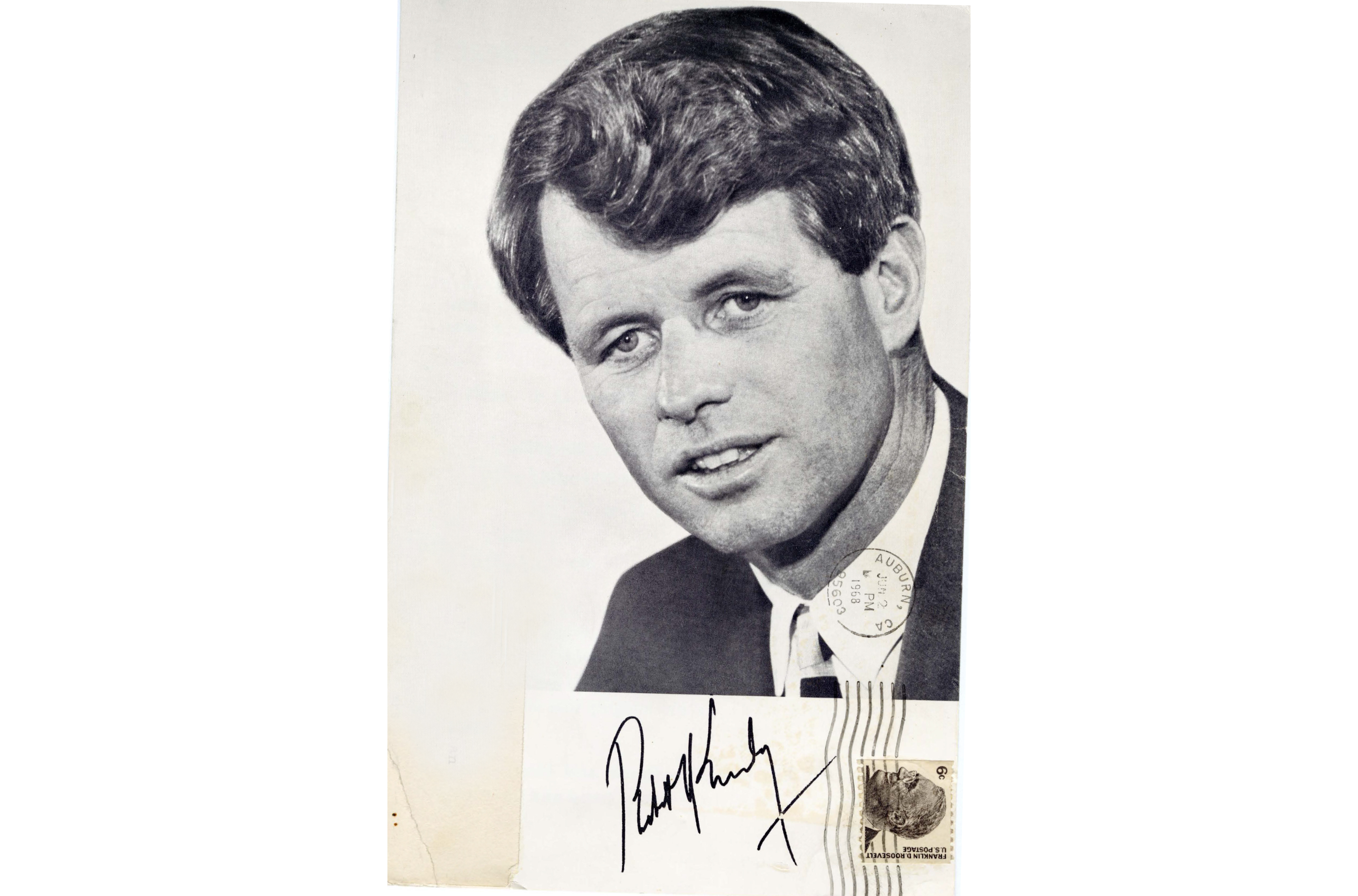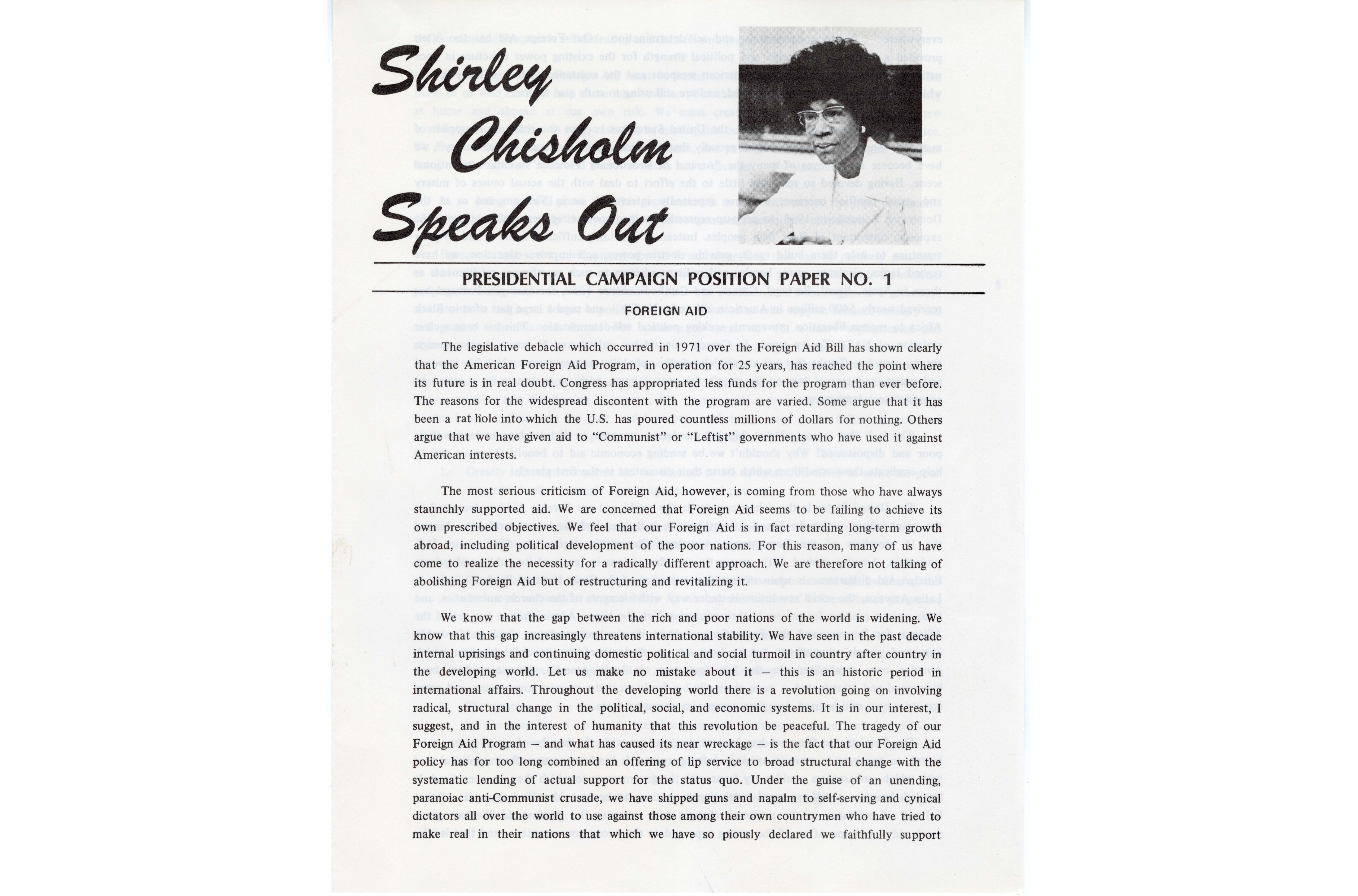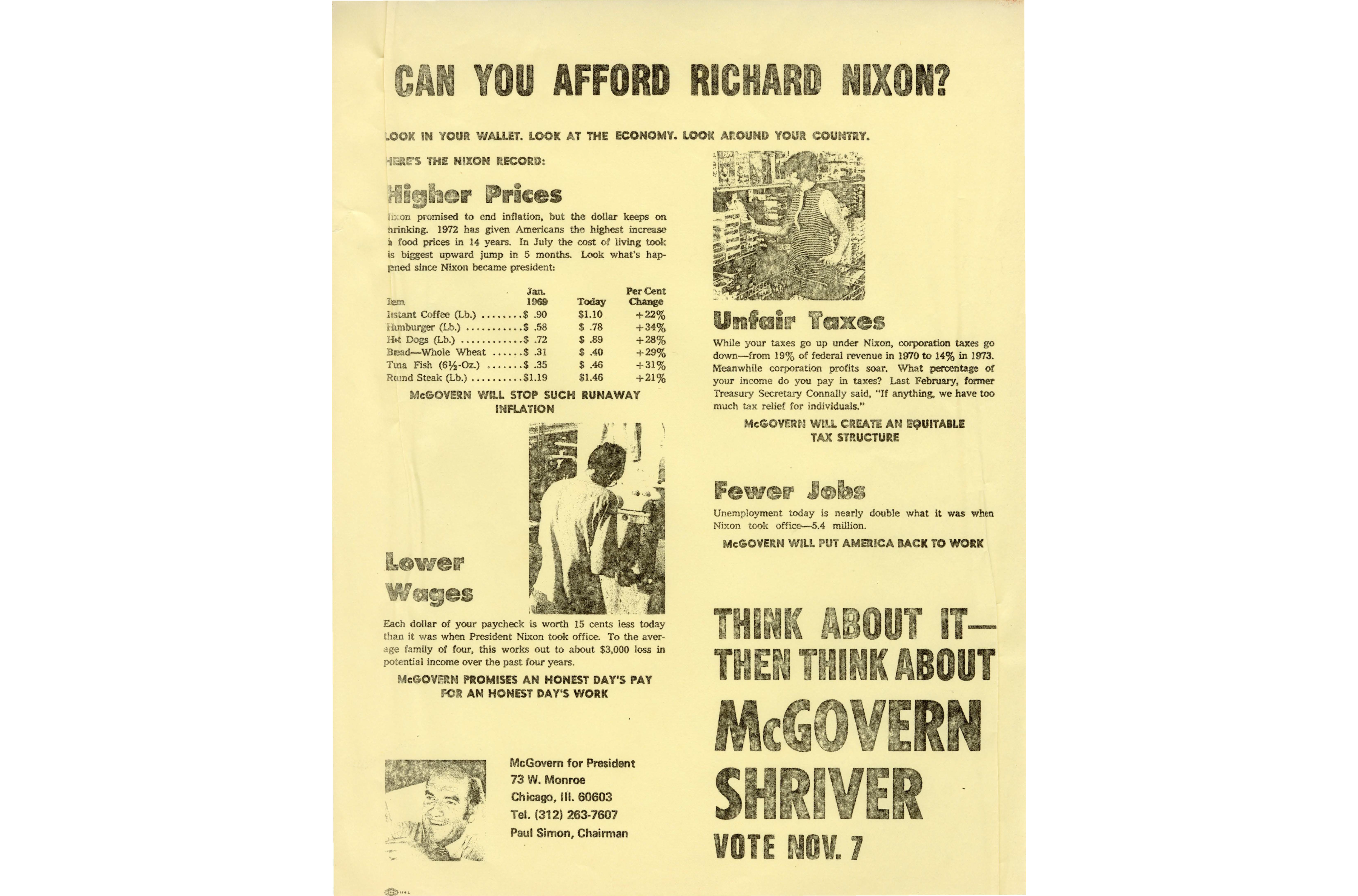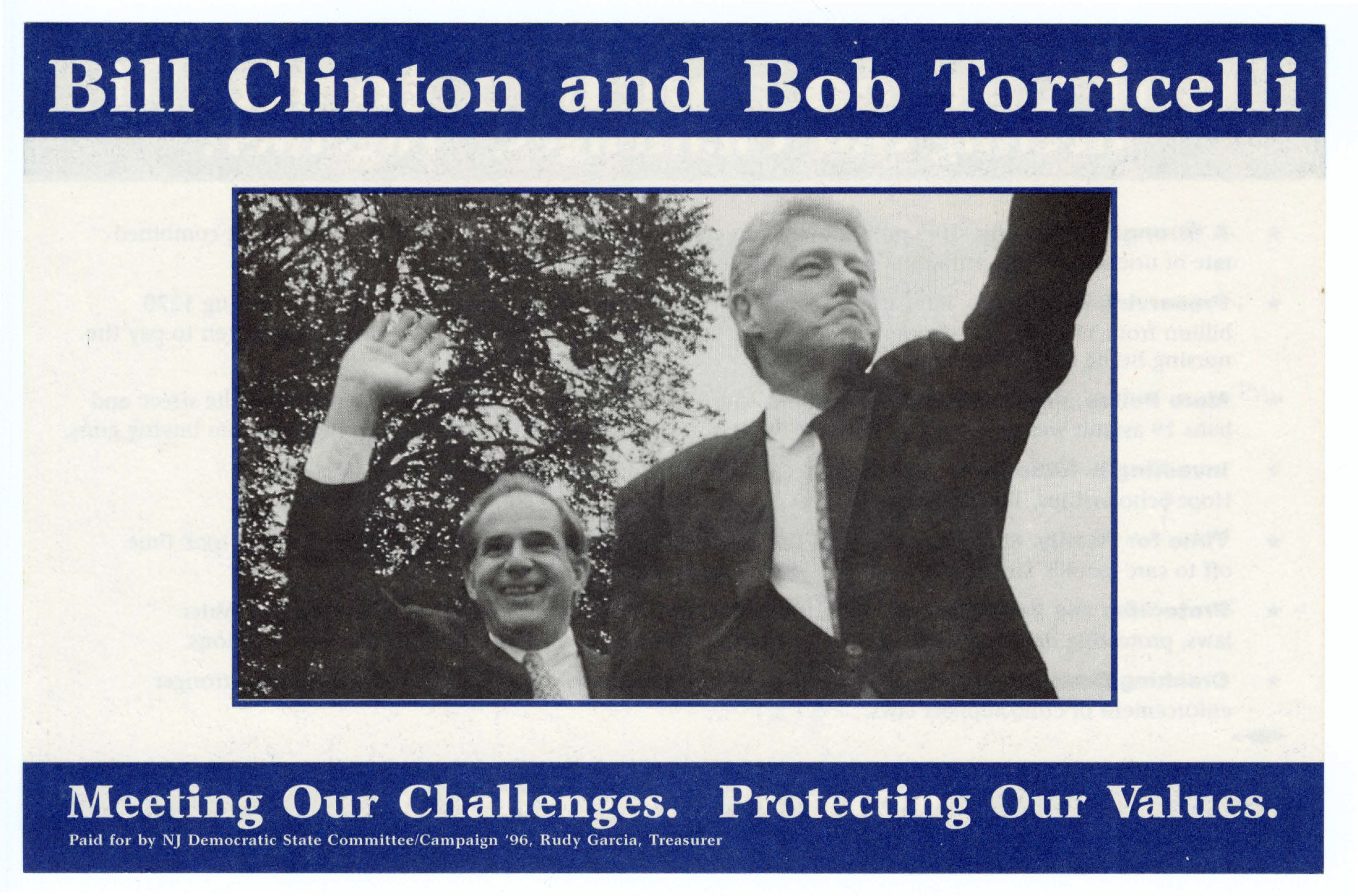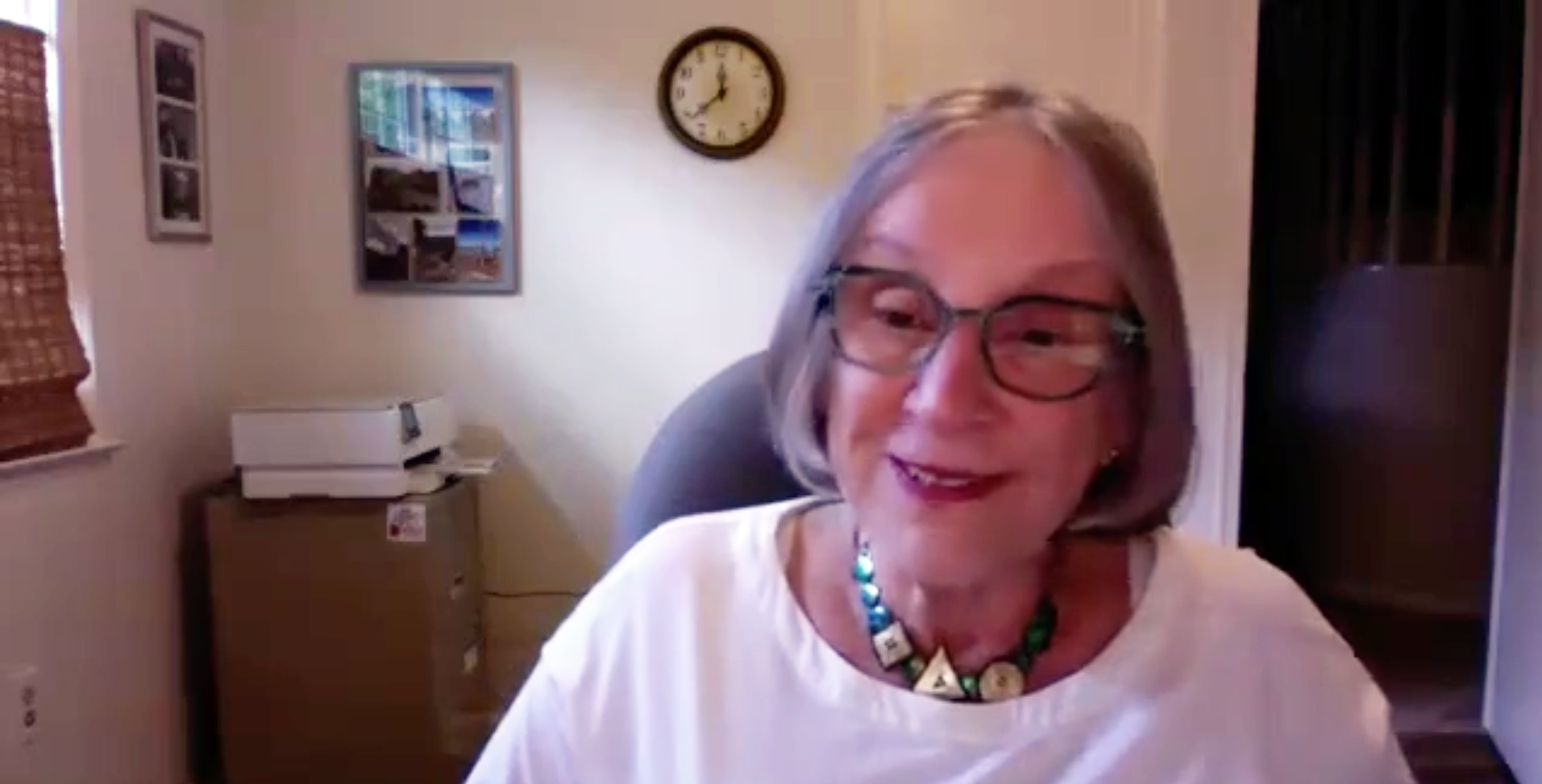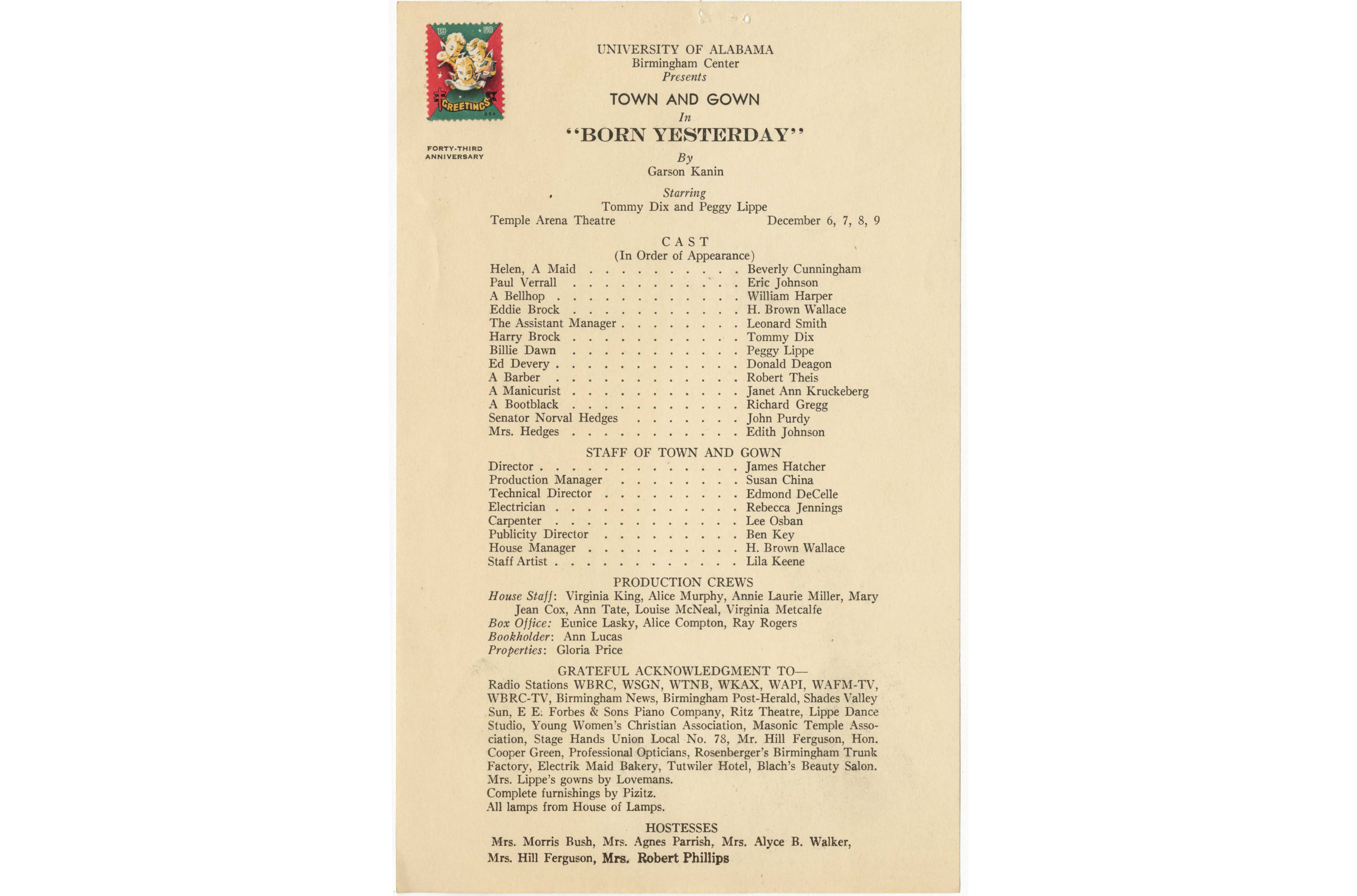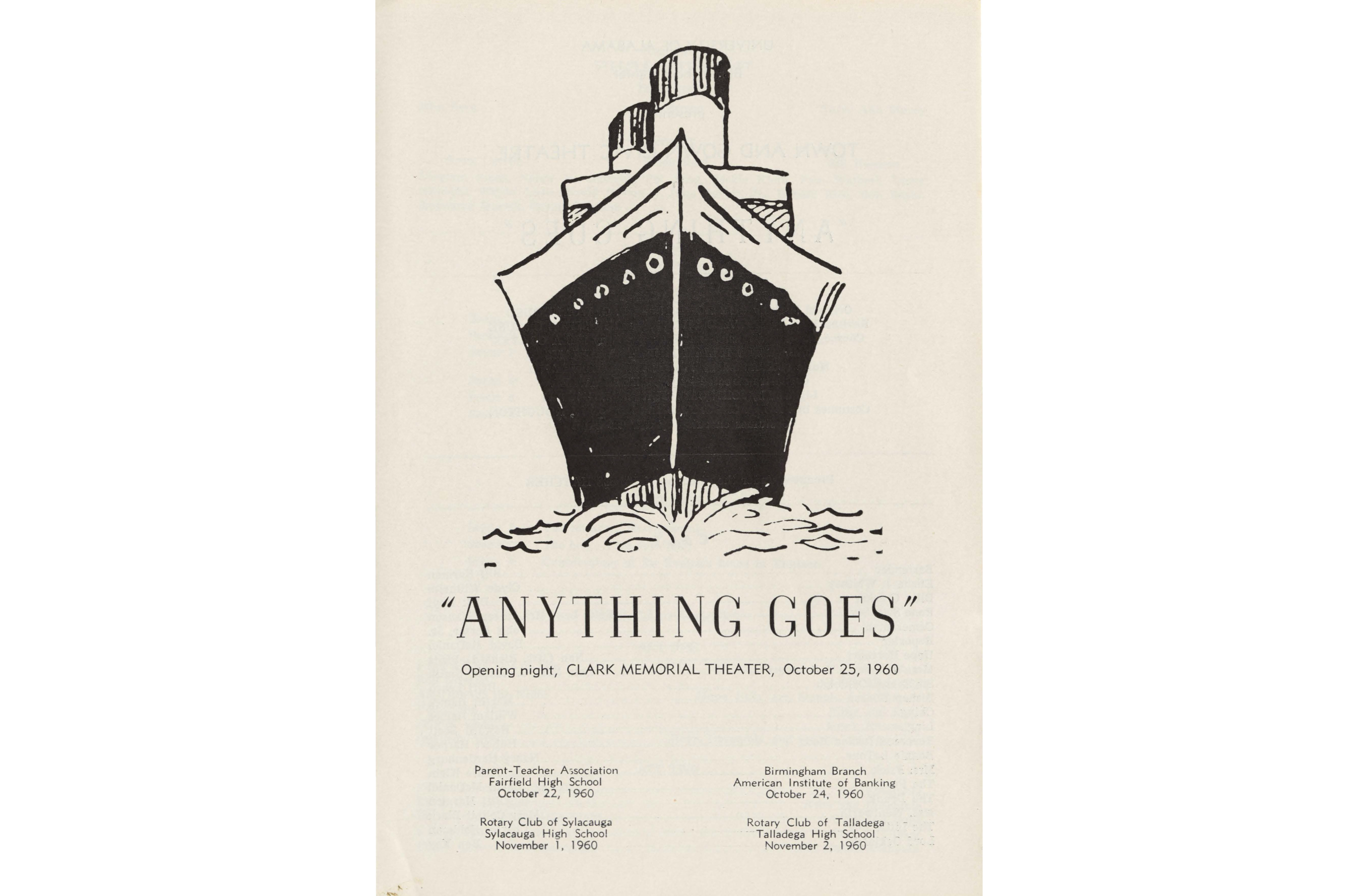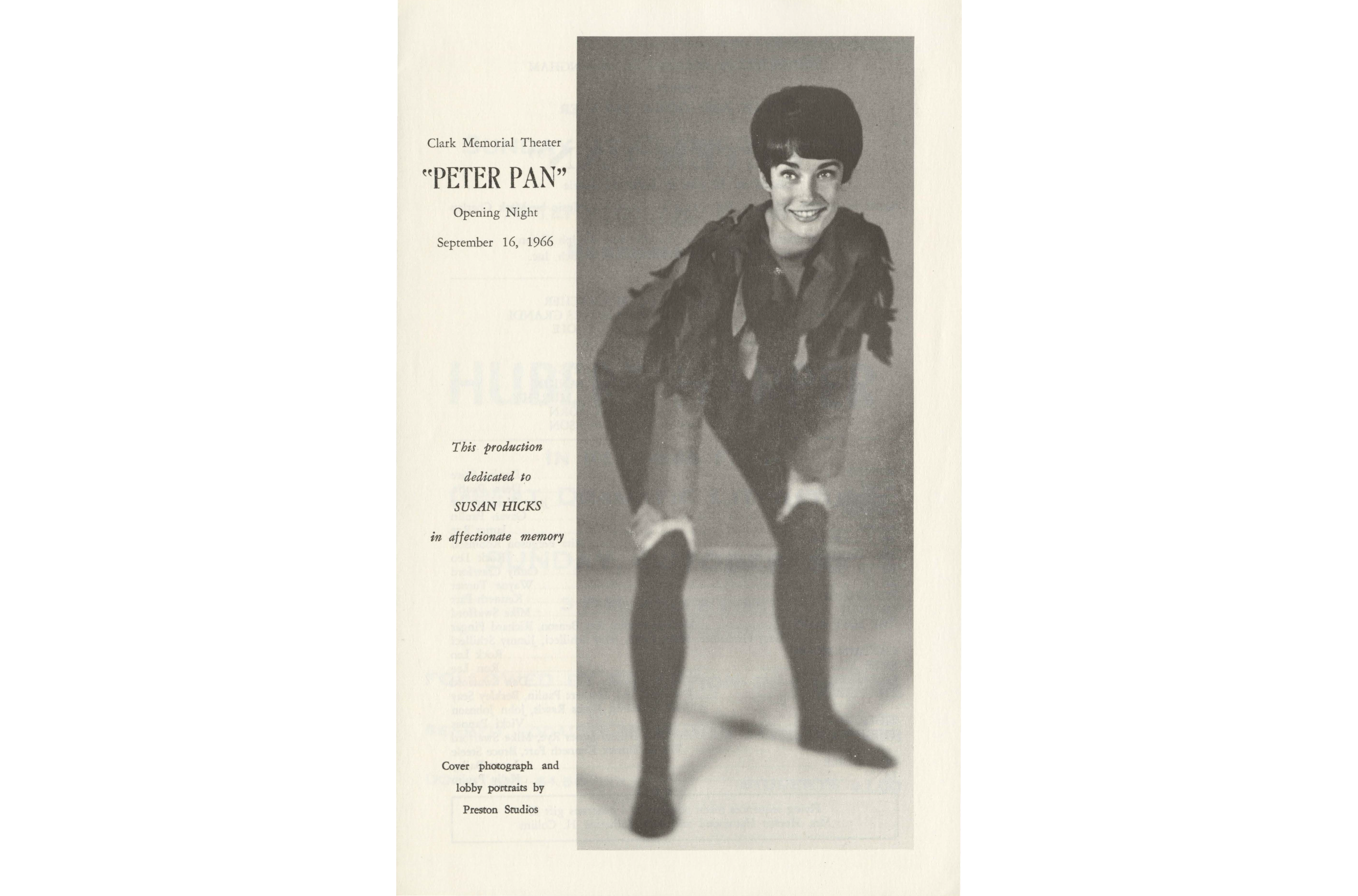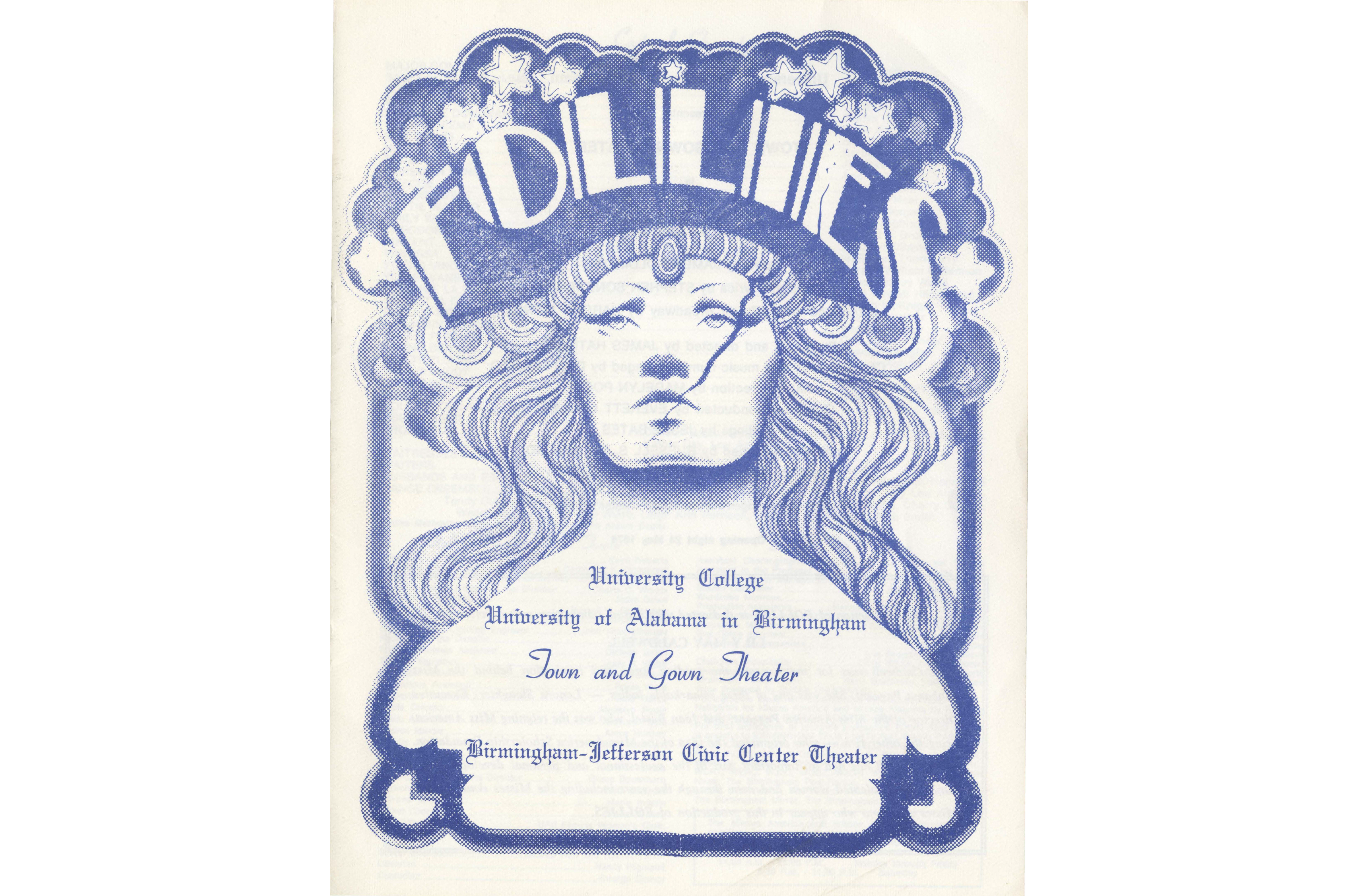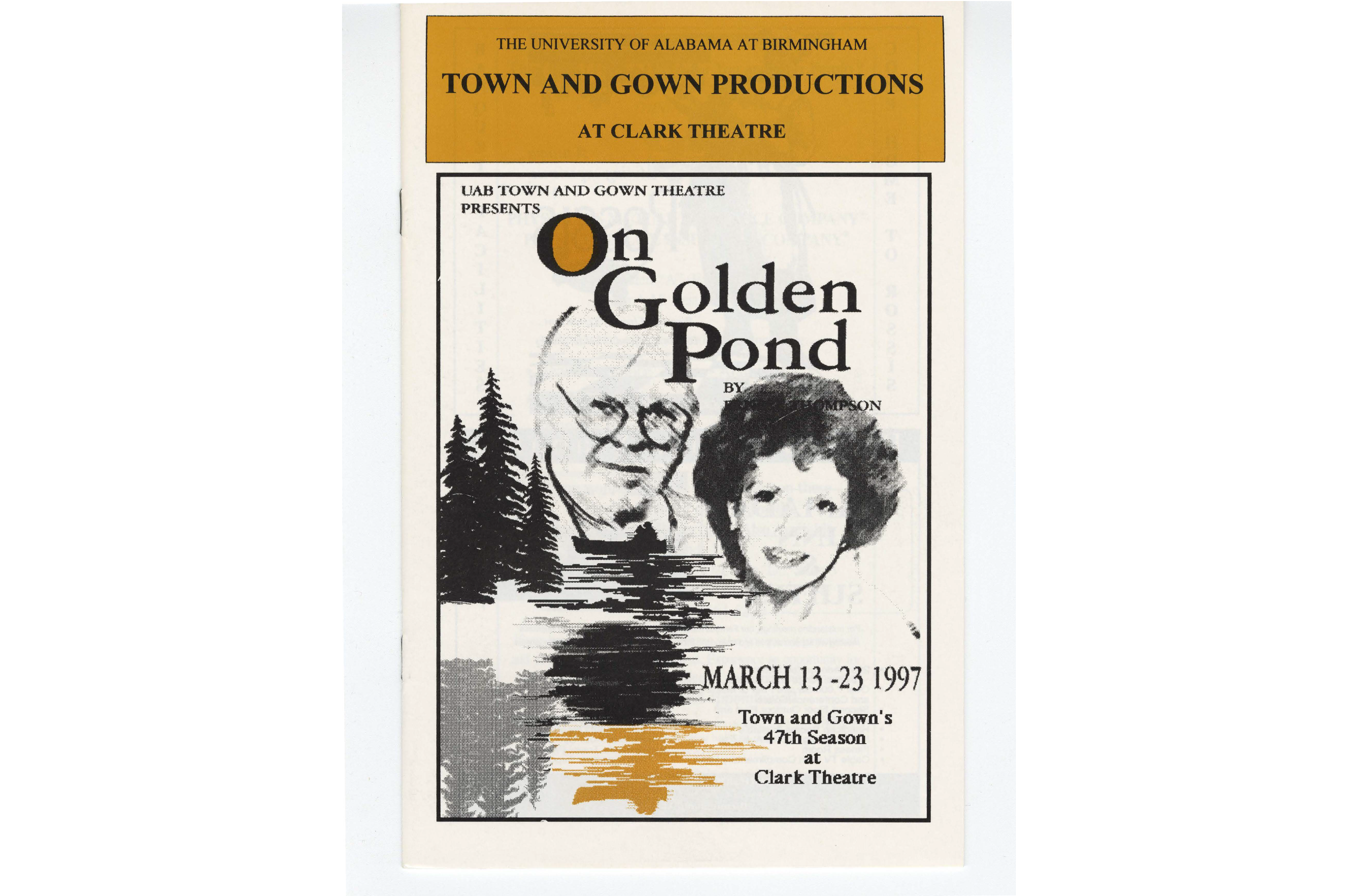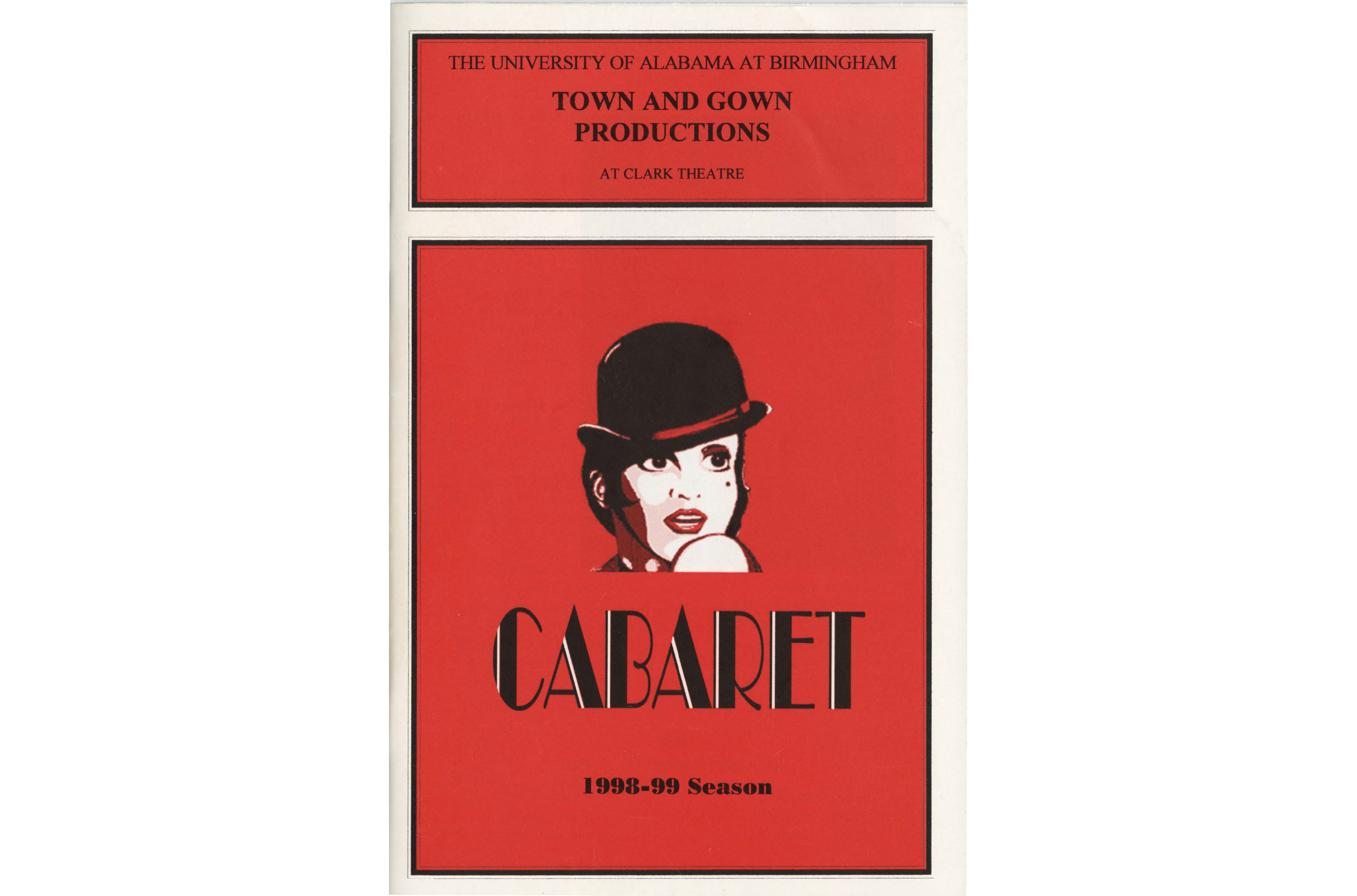News

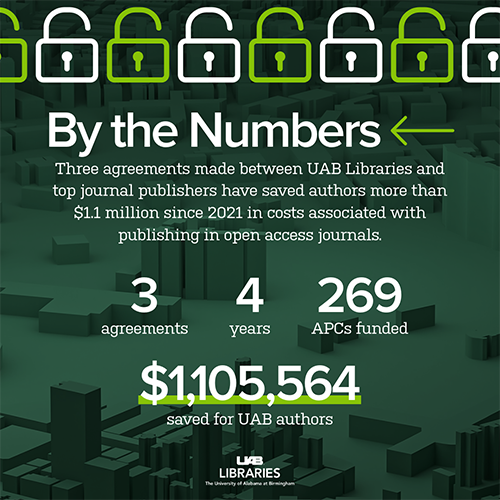 Three agreements made between UAB Libraries and top journal publishers have saved authors more than $1.1 million in costs associated with publishing in open access journals since 2021.
Three agreements made between UAB Libraries and top journal publishers have saved authors more than $1.1 million in costs associated with publishing in open access journals since 2021.
Read-and-publish agreements with publishers Wiley and Springer Nature have saved UAB authors more than $718,000 and $311,000, respectively. They enable lead or corresponding authors affiliated with the university to publish open access in any fully open access or hybrid open access Wiley or Springer Nature journal at no cost to the author — nearly 4,000 journals in total. An additional smaller, yet significant read-and-publish agreement with Cambridge Publishing has saved more than $76,000.
The cost-saving mechanism in these agreements waives the article processing fee (APC) for UAB authors. Unlike traditional publishing systems, open access journals do not require a subscription to access paywalled resources, so to offset that loss of revenue, most collect a charge in order to publish. The average APC cost is just over $1,600, according to an article published earlier this year in Sci Ed. Through UAB Libraries’ agreements, 197 APCs have been funded for Wiley publications since Jan. 1, 2023, with 73 funded for Springer Nature publications since Jan. 1 of this year and 26 funded for Cambridge since January 2021.
With a click of a button or swipe of a phone, UAB employees and students can access millions of online resources with just their BlazerID and password — but those same resources would come at a high cost to unaffiliated individual scholars, clinicians, patients, consumers, policymakers and others who could benefit from accessing resources. When scholarship is published as open access — such as in well-known and highly cited journals like ones published by Wiley and Springer Nature — it removes that financial barrier and better facilitates the sharing of important information.
|
“We are committed to furthering our campus culture of collaboration and innovation through collaborations with external partners — and the significant financial impact of these read-and-publish agreements is a clear demonstration of that.” |
Continuing to prioritize a commitment to open access publishing is crucial for UAB’s mission to drive research and innovation across the enterprise, as outlined in UAB’s strategic plan, Forging Ahead, said Jeff Graveline, J.D., associate dean for Research and Scholarly Communication and director of the Office of Scholarly Communication in UAB Libraries.
“These agreements help ensure that UAB’s scholarly research is available at no cost on a global scale,” Graveline explained. “We are committed to furthering our campus culture of collaboration and innovation through collaborations with external partners — and the significant financial impact of these read-and-publish agreements is a clear demonstration of that.”
Authors from across disciplines have utilized these agreements to publish their work open access — from the schools of Nursing and Education to the Collat School of Business and Heersink School of Medicine. Read testimonials from five faculty researchers who have had one or more APCs waived — and why they feel OA publishing is so important.
Got questions? UAB Libraries can help
Do you have questions about making your work more accessible through Open Access publishing? The Office of Scholarly Communication can help. And that’s not all they do — the OSC can answer questions from Blazers working to establish publishing agreements and understand copyright guidelines, plus provide guidance on incorporating affordable instructional materials into courses.
During the last year, the OSC expanded to include research data management services, offering consultations with researchers to prepare data management plans or select repositories for data. The office also provides instruction on how to organize, document and properly safeguard research data to benefit both research teams and the wider research community long-term.
Learn more about the OSC online.
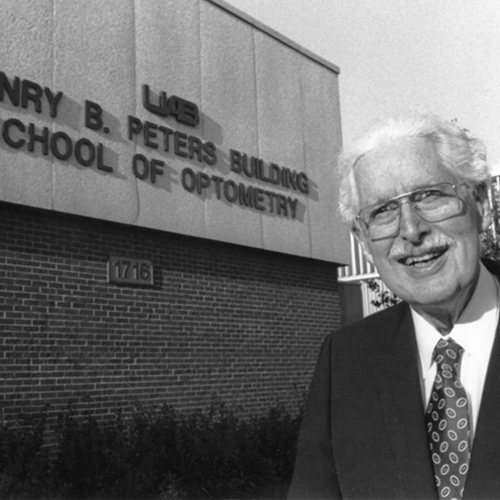
The October Image of the Month from UAB Archives, Dedication of the Henry B. Peters Building, 1994, has been posted.
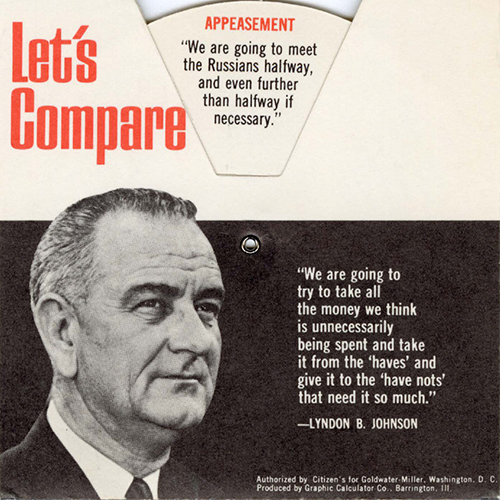
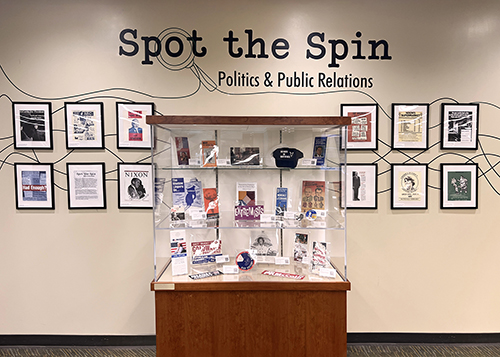
Want to see the entire Presidential Campaign Collection of William L. Benoit? UAB Archives and the Digital Services team have made the 600-plus-piece collection available for viewing online through UAB Digital Collections.Selections from a new-to-UAB collection of flyers, pamphlets, brochures and leaflets from presidential primaries and general elections now are on view through December on the first floor of Sterne Library in the main group study area.
“Spot the Spin: Politics and Public Relations” features items from the Presidential Campaign Collection of William L. Benoit, which was donated by Benoit, now-retired Distinguished Professor in the Department of Communication Studies, to UAB Libraries in 2022. The materials span dozens of elections, from the 1936 campaign of Alf Landon to the 2000 campaigns of George W. Bush and Al Gore. The UAB Archives and Digital Services teams have made the items available for online viewing, and the physical items are held in the UAB Archives and are available for viewing by appointment.
Examining campaign materials from elections gone by can encourage viewers to reflect on how they and others consume media relating to current elections, said Brooke Becker, media literacy librarian in UAB Libraries.
“Using print media to share messaging has always been a part of candidates campaigns,” Becker said. “The biggest difference in today’s world is that it’s not just print media: The world of electronic communications opens up even more opportunities for engaging with disinformation and misinformation.”
To combat mis- and disinformation and empower Blazers to identify fact from fiction — both during and outside of election cycles — Becker has created a “Spot the Spin: Politics and Public Relations” research guide, which includes relevant information from the nonpartisan, nonprofit organization News Literacy Project, voting information for Alabama residents, topical books and databases from UAB Libraries’ collections, and best practices and policies for the practical design of political campaign materials.
“It’s really a one-stop shop for high-level info useful to being discerning when you encounter information online and out in the world,” Becker explained. “There’s seemingly endless information out there to sort through, and we wanted to make it easy.”
Click through the slideshow below to see some examples from the collection.
- Goldwater For President Widget 1964
- Blood Blunders Billions Widget 1952
- Why Generals Are Scared Widget 1956
- Eisenhower Nixon Widget 1956
- Gop Victory Wheel Widget 1960
- 100 Million Lives Widget 1964
- The Extremists Widget 1964
- Lets Compare Widget 1964
- Shirley Chilsolm Widget 1972
- Reagan For Pres Widget 1980
- Mondale And Ferraro Widget 1984
- The Shadow Lingers On Widget 1976
- Keys 2000 Widget 2000
- W Stands For Women Widget 2000
-
"Sanity! Solvency! Security! Goldwater for President", 1965
-
"Blood! Blunders! Billions!", 1952
-
"Why the Generals are Scared!", 1956
-
"Forward with Eisenhower-Nixon Comic", 1956
-
GOP Victory Wheel, Interactive Campaign Tool, 1960
-
"100 Million Lives in One Hour", 1964
-
Extremists, AFL-CIO, 1964
-
Let's Compare, Wheel Campaign Material, 1964
-
"I am Running for the Office of President to Represent All Americans", 1972
-
"Let's Make America Great Again, Reagan for President", 1980
-
"9 Good Reasons to Vote for Mondale & Ferraro", 1984
-
"Shadow Lingers on... Watergate, Pennsylvania", 1976
-
"Alan Keyes 2000", 2000
-
"W. Stands for Women and Family", 2000
Hands-on experience for students
To provide students a chance to learn by doing, Becker, along with Marliese Thomas, fine arts librarian and liaison to the Department of Art and Art History, have designed an exercise and contest designed to combine student creativity and media literacy while utilizing the unique resource of the Presidential Campaign Collection.
Participants will redesign for a modern audience one of three specifically chosen poster advertisements (shown below) from the collection using a design platform such as Adobe Creative Cloud (which is available at no cost to all UAB students), and should consider whether they intend their advertisement to be an “acclaim,” or a positive message about the candidate; an “attack,” or a negative message about the candidate; or a “defense,” a response to an attack.
Students can choose from one of these three posters:
Posters can be designed for any medium — print, social media, email distribution, etc. — but must be printable in its final form at 8 in. by 10 in. The use of generative AI is allowed, but in moderation and only with permission from a student’s instructor; students also must acknowledge the prompt(s) used and the percentages of work self-created and created by AI. (For more information on AI in education, see Becker’s additional research guide.)
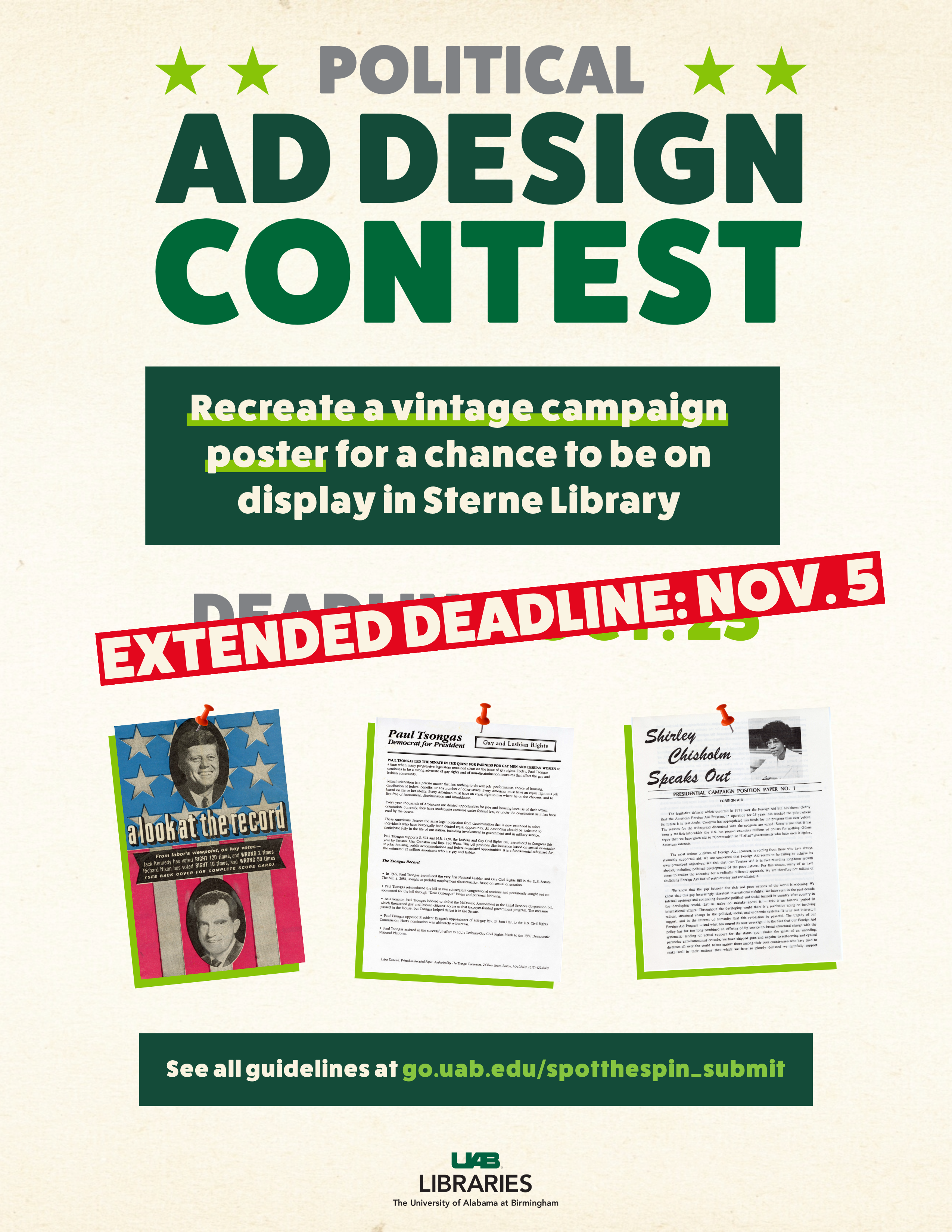 Becker and Thomas recommend thinking on several questions before and during the design process:
Becker and Thomas recommend thinking on several questions before and during the design process:
- What is the message you intend?
- Who is your audience, and does this affect the message you intend to send?
- What elements work best to get your intention across? What would your audience engage with more, visual or text? Flashy or subdued? Pulling on heartstrings or straight facts?
- Do you want to control your message or open it up for wider sharing/distribution?
Students also are encouraged to peruse the “Best Practices and Policy for Design” tab in the Political Advertising section of Becker’s “Spot the Spin: Politics and Public Relations” research guide.
Submissions are due by Nov. 5; submit using this form. (The original submission deadline was Oct. 25.)
Submitted designs will be voted on by a three-member jury panel of College of Arts and Sciences faculty, and winners will be printed, framed and displayed alongside the official memorabilia from the Presidential Campaign Collection in Sterne. All submitters will have the option to allow their work to be shared on the UAB Libraries Instagram @uablibraries, as well as permanently stored in the UAB Digital Commons, the repository for research and scholarly output submitted by members of the UAB campus.
“We want to enable students to exercise their media literacy knowledge in a creative and tangible way,” Becker explains. “These concepts are things we all, student or otherwise, encounter on a daily basis and in real time. Stretching the mental muscle that asks questions about the meanings behind messaging is more important now than ever.”
For more information about the “Spot the Spin” student exercise, visit the research guide.
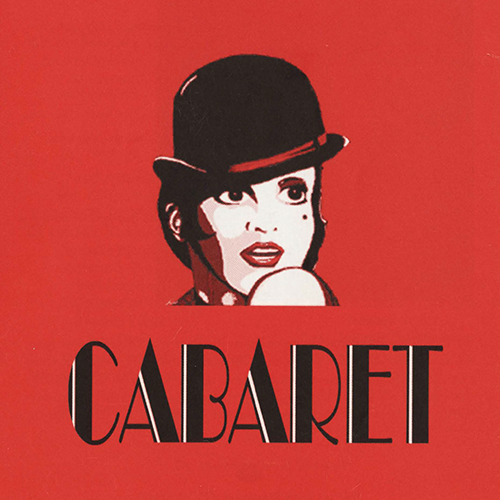
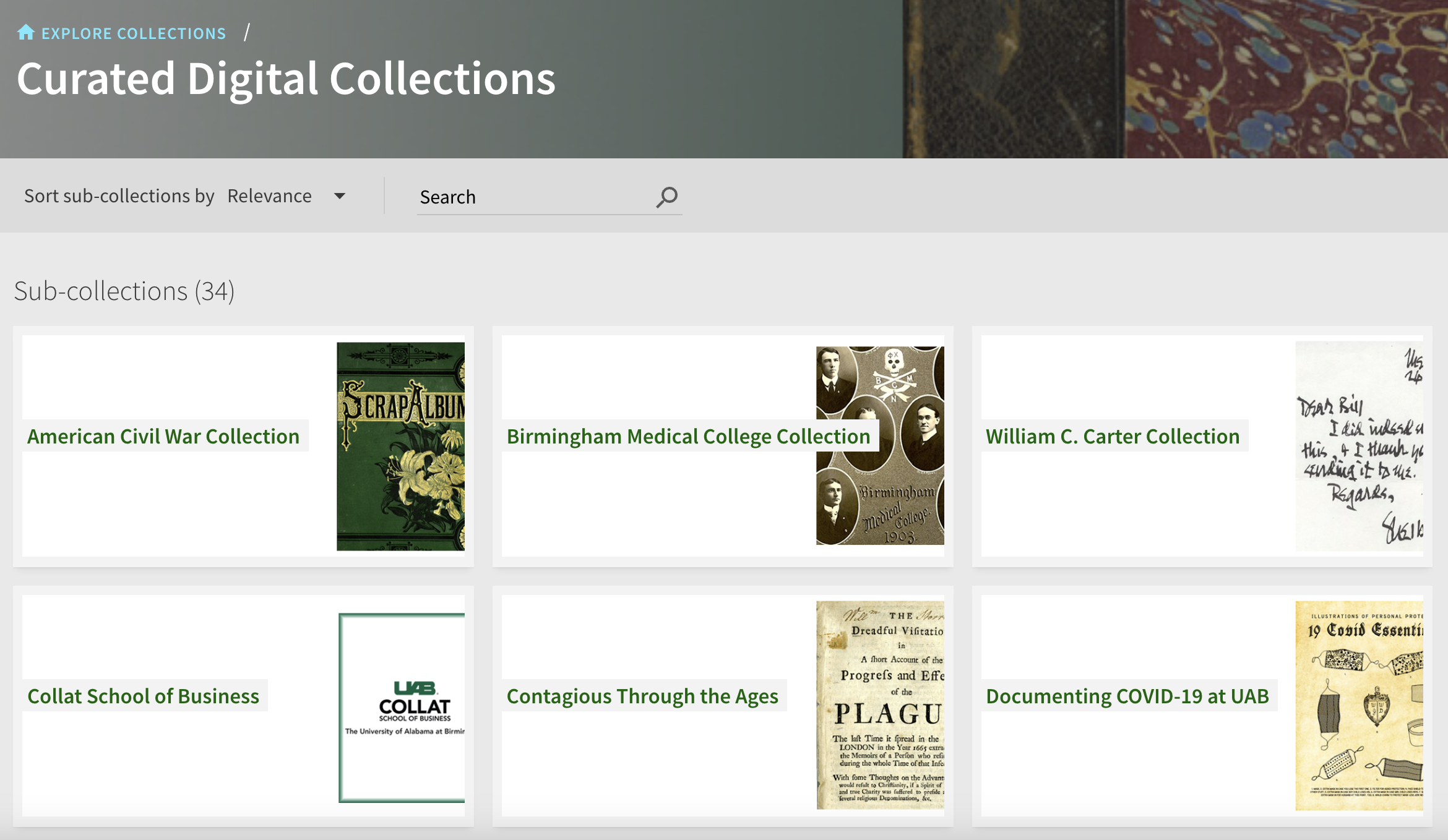
See a complete list of all UAB Libraries’ digital collections online. Did you know that UAB Libraries is home to more than 30 collections of materials digitized by the libraries’ Digital Services team, including photographs, illustrations, books, videos, and audio recordings? UAB Libraries’ Digital Collections are a collaboration between several library departments, including the Alabama Museum of the Health Sciences, the Reynolds-Finley Historical Library and the UAB Archives — each of whom house much of the digitized materials in their physical collections — and the Digital Services Team, whose technical expertise on digitization and digital preservation continues to keep the Digital Collections online and available for browsing. Collections also have been contributed by other UAB units, departments and divisions, as well as by members of the wider Birmingham community.
Collections span a wide variety of topics, from UAB-specific history, such as a collection documenting the COVID-19 pandemic at UAB, to large-scale, culturally significant information, such as a large collection of letters by Florence Nightingale.
Recently added collections include the Presidential Campaign Collection of William L. Benoit, the Entrepreneurship Oral History Collection, and the UAB Town and Gown Theatre Programs and Playbills collection.
Exploring these collections is now more user-friendly than ever following a switch to Alma Digital, which integrated the digital collections into UAB Libraries’ existing platform.
"As an extension of our existing library services platform, Alma Digital enables us to seamlessly integrate digitized materials into our user's search results, enhancing the user experience and improving the overall discoverability of UAB Libraries' digital collections," said Kevin Hebert, associate dean for Technology and Technical Services in UAB Libraries.
See a selection of some of the new digital collections’ unique items and learn more about each collection below.
Presidential Campaign Collection of William L. Benoit
The newest addition to UAB Digital Collections, the Presidential Campaign Collection of William L. Benoit was donated to UAB Libraries in 2022 by William L. Benoit, Ph.D., now-retired Distinguished Professor in the Department of Communication Studies in the College of Arts and Sciences.
The collection consists of flyers, pamphlets, brochures and leaflets from presidential primaries and general elections, with materials spanning from the 1936 campaign of Alf Landon to the 2000 campaigns of George W. Bush and Al Gore. The UAB Archives and Digital Services teams have made the items available for online viewing, and the physical items are held in the UAB Archives and are available for viewing by appointment.
A selection of items also is on display through December on the first floor of Sterne Library; look for the “Spot the Spin: Politics and Public Relations” display case in the main group study area.
-
"Abe & Ike in Deed Alike," 1952
-
"I Run for the Presidency Because I want the United States to Stand for Hope," 1968
-
"Shirley Chisholm Speaks Out, Presidential Campaign Position paper, No. 1," 1972
-
"Can You Afford Richard Nixon?," 1972
-
"Bill Clinton and Bob Torricelli, Meeting Our Challenges," 1996
Entrepreneurship Oral History Collection
The Entrepreneurship Oral History Collection is a collaborative oral histories project between UAB’s J. Frank Barefield Jr. Entrepreneurship Program, UAB Libraries, and the Academy of Management’s (AOM) Entrepreneurship Division. AOM is the preeminent professional association for management and organization scholars, and its Entrepreneurship Division (ENT) is nearing 40 years of formal history. In 2022-2023, Patrick J. Murphy, Ph.D., Goodrich Endowed Chair for Innovation and Entrepreneurship, professor in and founding director of the J. Frank Barefield Jr. Entrepreneurship Program, and ENT historian, initiated the oral history collection project to capture primary source historical accounts of ENT’s formations and the development of the entrepreneurship field — all directly from professors who have made foundational contributions. While the project is projected to take several years to complete, it is intended to offer insight into the entrepreneurship field’s early history and development for present and future academics and researchers.
-
Oral history interview conducted with Barbara J. Bird by Ellen Brooks for the Academy of Management, 2024; Bird is a professor emerita of management in the Kogod School of Business at American University.
UAB Town and Gown Theatre Programs and Playbills
Established in Birmingham in 1950 by the University of Alabama and led by founding director James F. Hatcher, the Town and Gown Theatre gained a reputation for its excellent production quality and combination of local community talent and veteran Broadway and Hollywood stars. This collection contains programs and playbills from Theatre productions, including both local and some traveling performances. The UAB Archives and Digital Services teams have made the items available for online viewing, and the physical items are held in the UAB Archives and are available for viewing by appointment.
Want to learn more about Town and Gown’s extensive history? University Archivist Tim Pennycuff has compiled the rest of the story online.
-
“Born Yesterday,” 1950, the program from Town and Gown Theatre’s first-ever production
-
“Anything Goes,” October 1960
-
“Peter Pan,” 1966
-
“Follies,” 1978
-
“On Golden Pond,” 1997
-
“Cabaret,” May 1999, the program from the group’s final production
See a complete list of all UAB Libraries’ digital collections online. Digital Services welcomes new collections and projects from UAB departments and the wider Birmingham community to expand UAB Libraries’ digital offerings and ensure the preservation of valuable resources; email digital-collections@uab.edu to inquire about adding additional items.
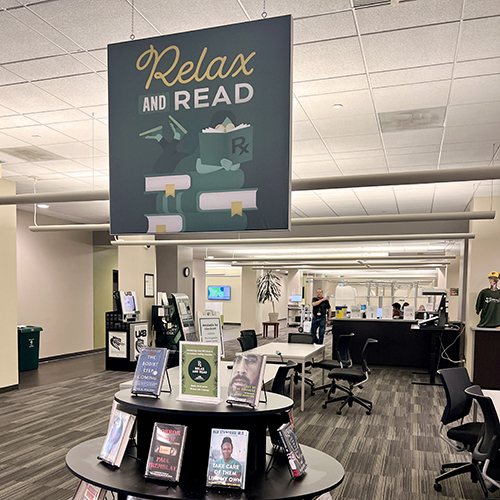

Two new shelves on the first floor of Lister Hill Library of the Health Sciences — one by the University Boulevard entrance, and one at the entrance from the courtyard between Volker Hall and the library — are home to the Relax and Read Collection, curated by Christy Hogan, collection development librarian for the health sciences. The recreational reading collection aims to provide patrons easy access to in-demand, noteworthy and new items available through UAB Libraries.
“From nonfiction books on topics like diversity in medicine, medical biographies, and graphic medicine to novels that can help you take a break from studying for a bit, the Relax and Read Collection has something for everyone,” Hogan said.
Relax and Read Collection books rotate every four weeks and have a loan period of 28 days with the option for one renewal; they are not a part of UAB Libraries’ permanent collection.
Relax and Read joins three additional specialized book collections, each housed on the first floor of Sterne Library: The Café Collection showcases popular literature from well-known authors, while the Stem Café Collection houses books about coding, data analysis, ecology and more. The New Releases collection showcases new acquisitions to UAB Libraries’ permanent collections.
Not affiliated with UAB professionally or academically? No problem! With an Alabama driver’s license or other proof of residency, anyone can now receive a courtesy card to check out printed materials from UAB Libraries. Learn more.


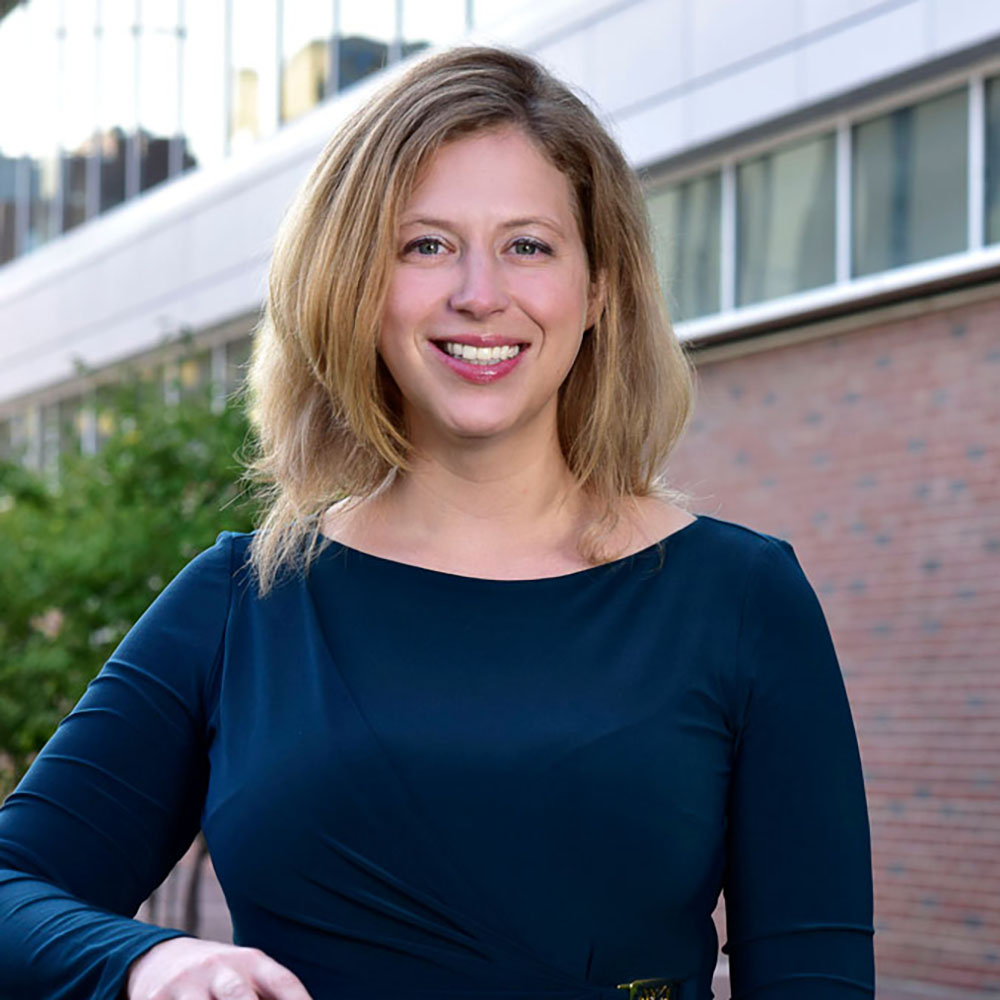
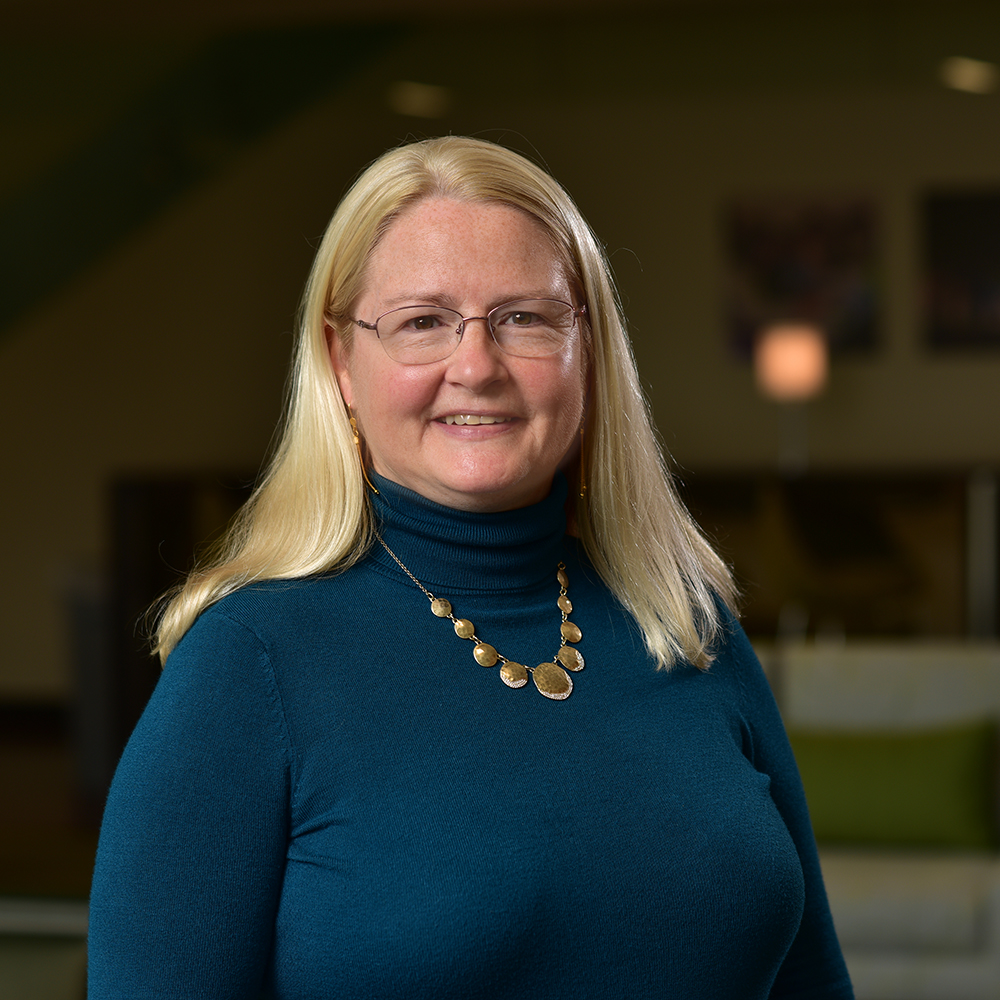
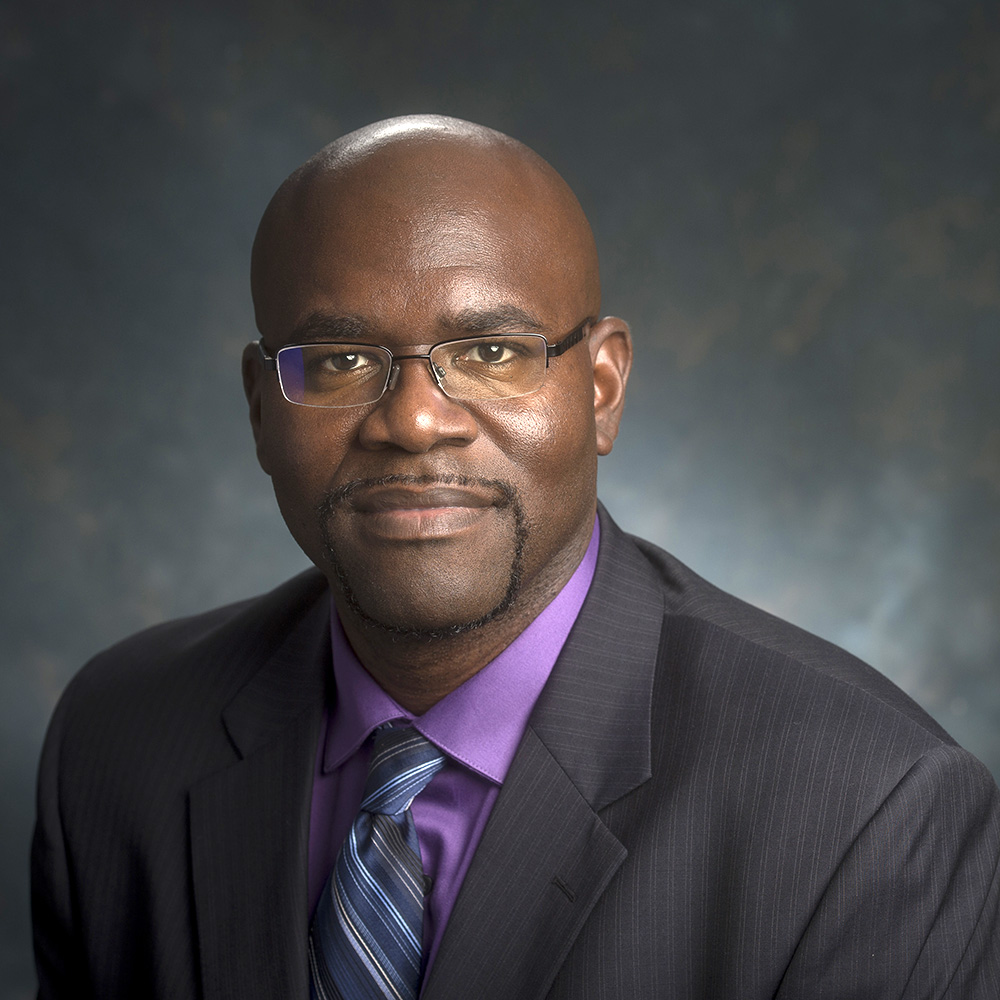
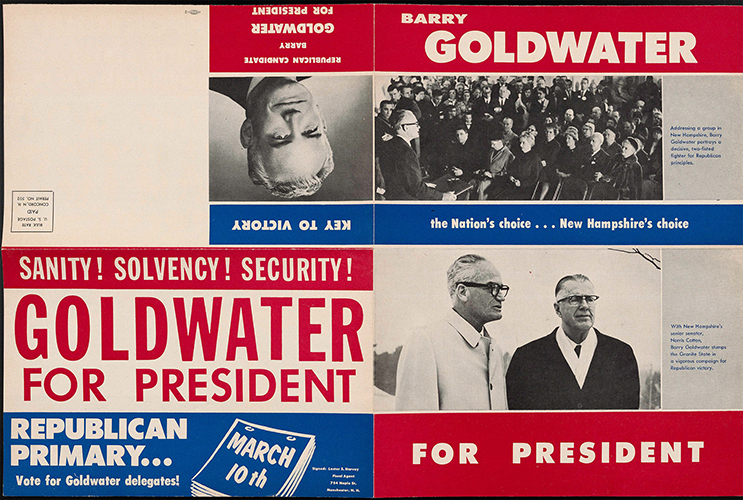
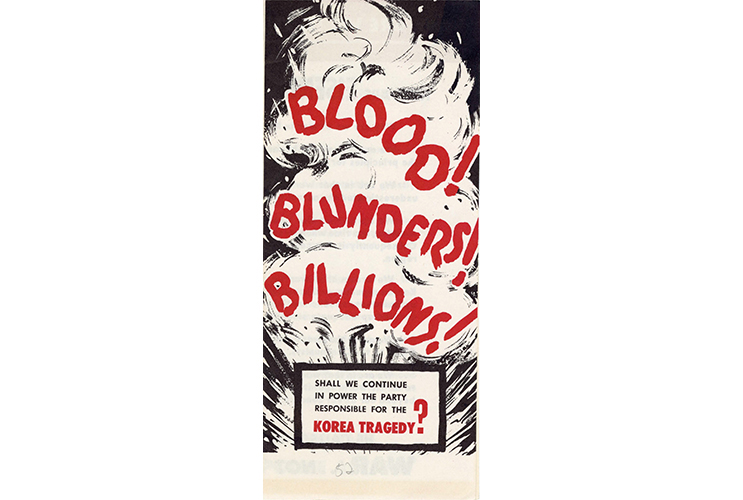
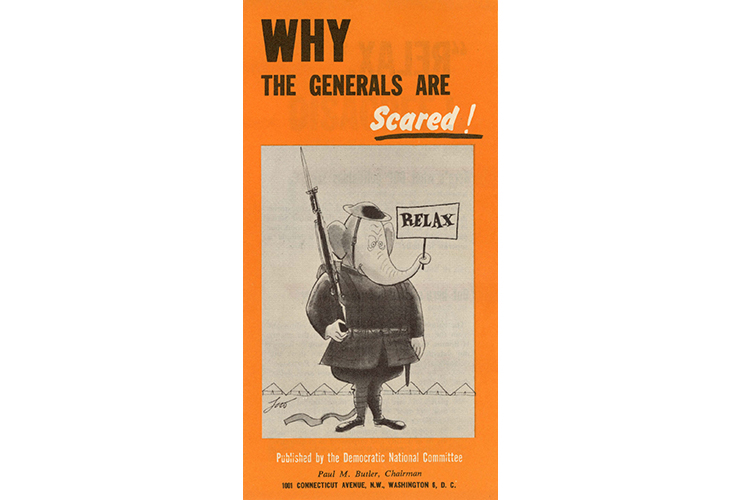
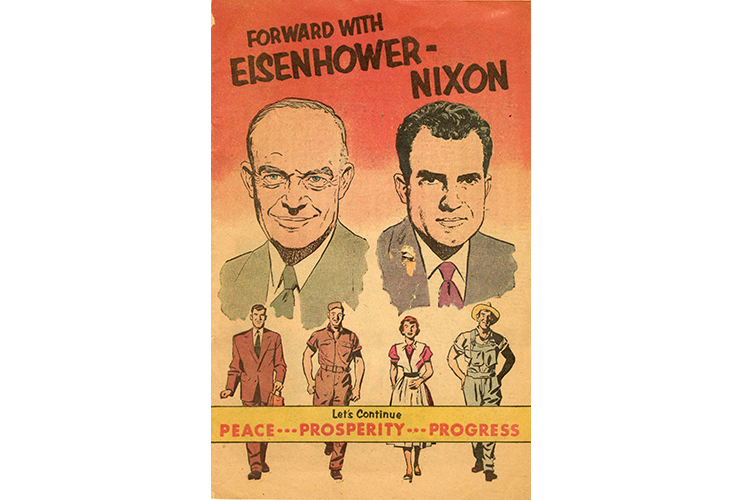
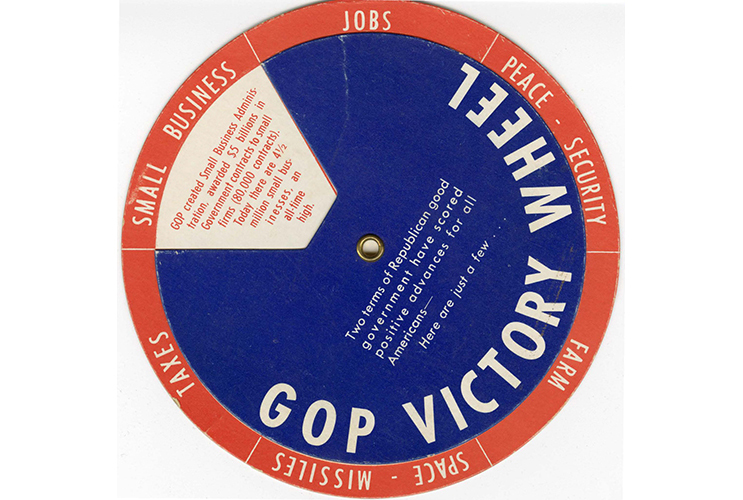
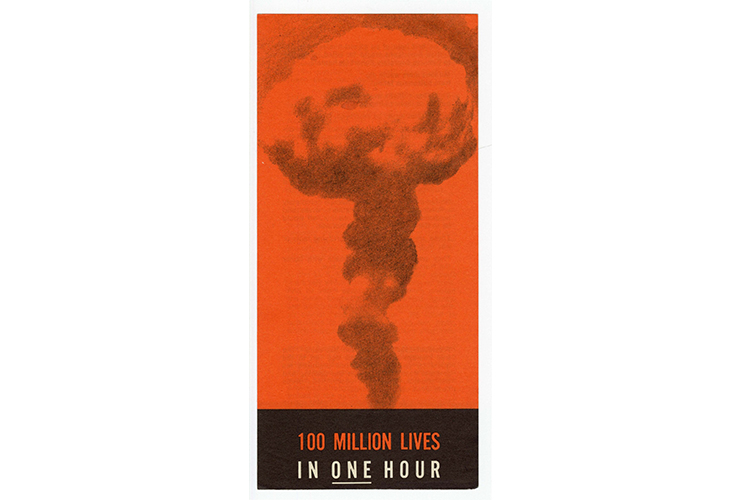
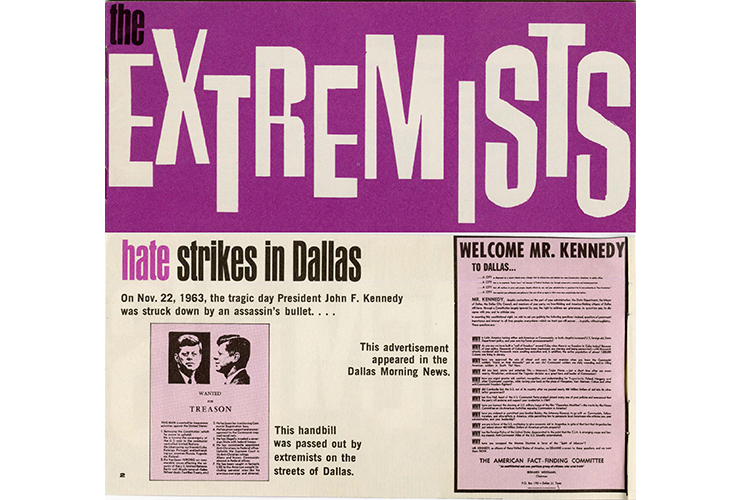
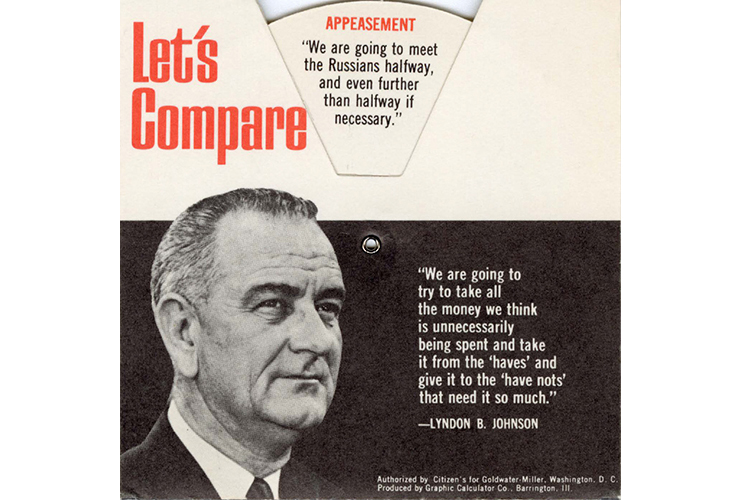
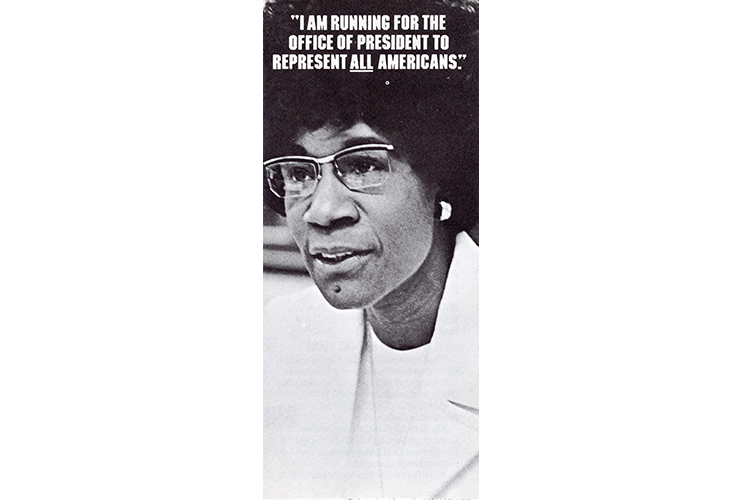
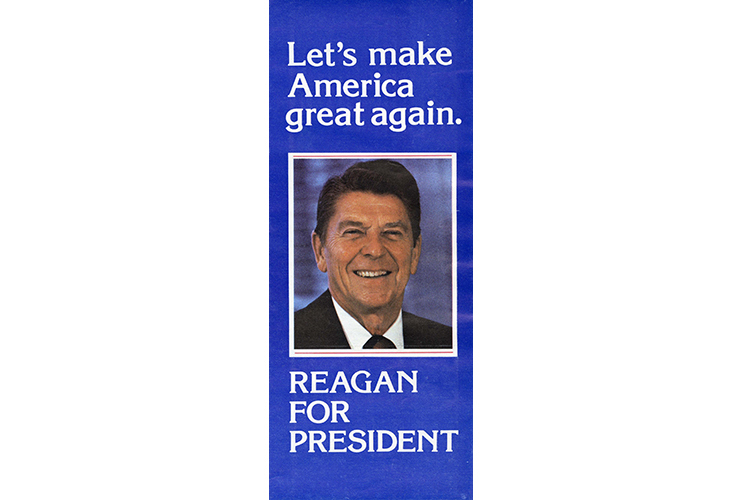
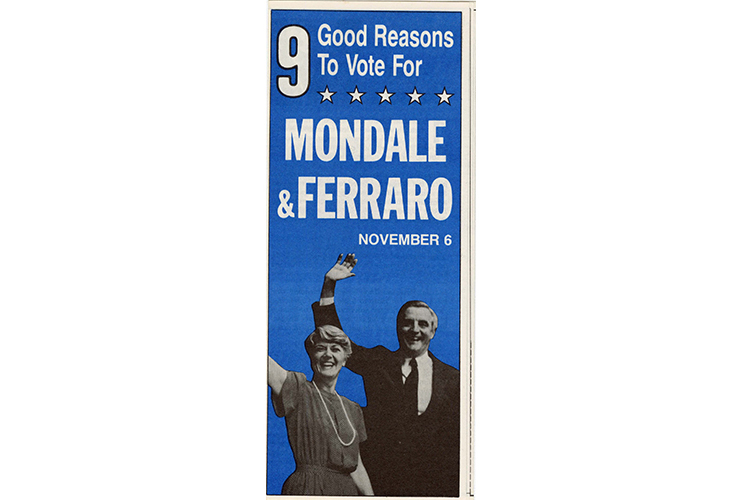
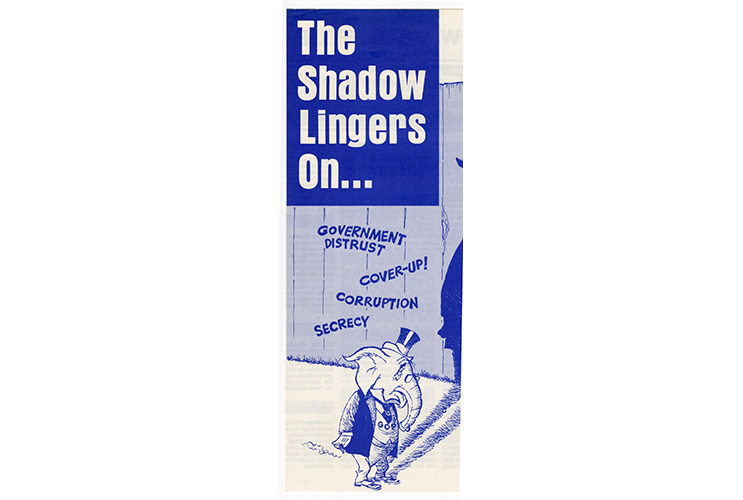
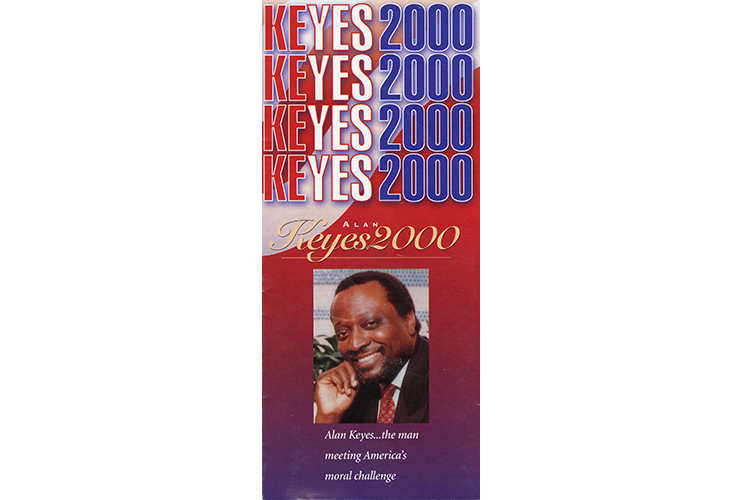
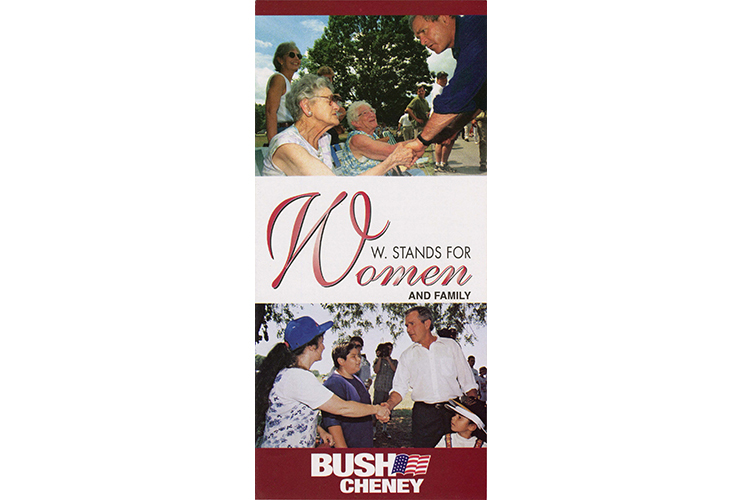
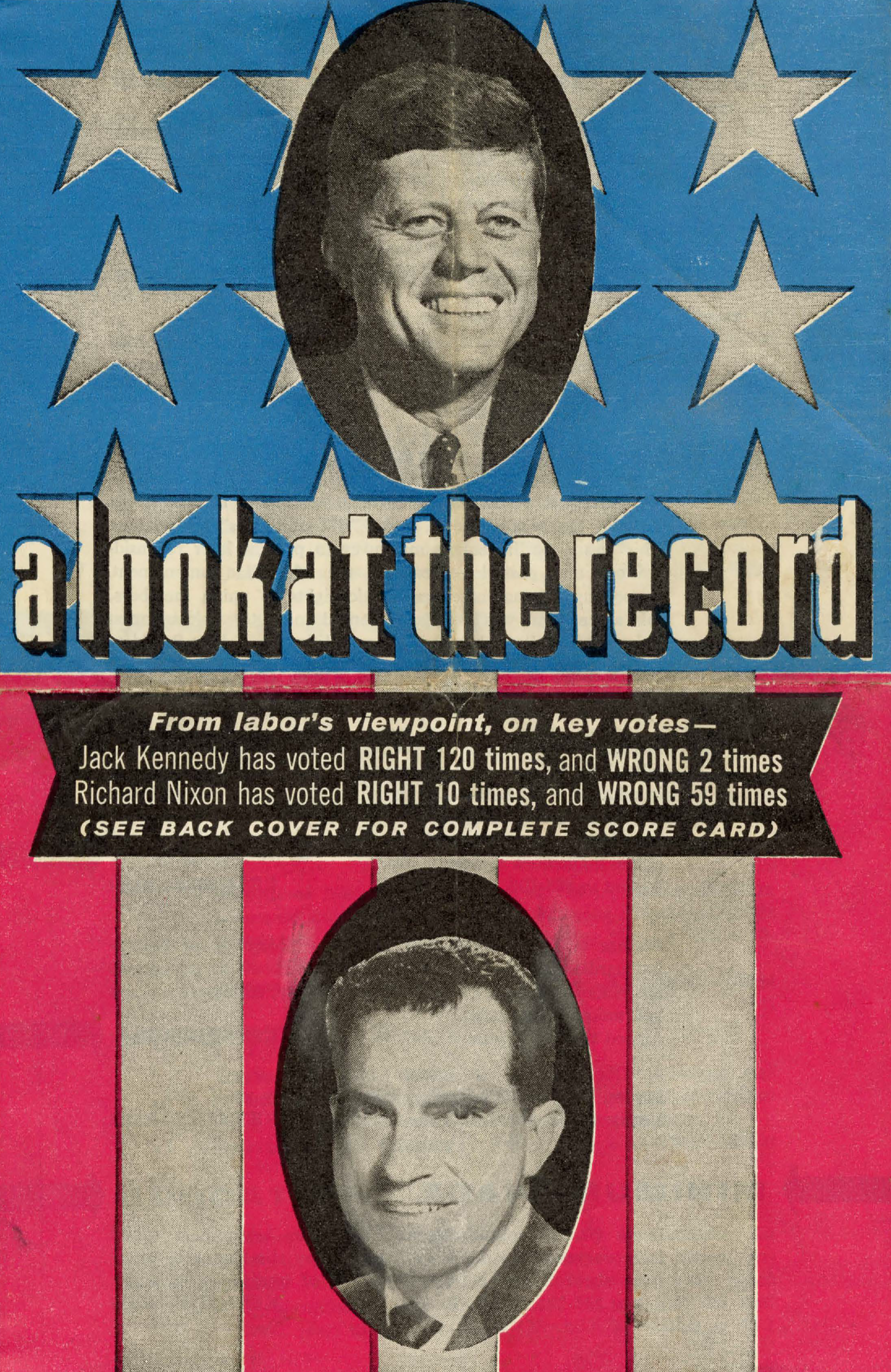
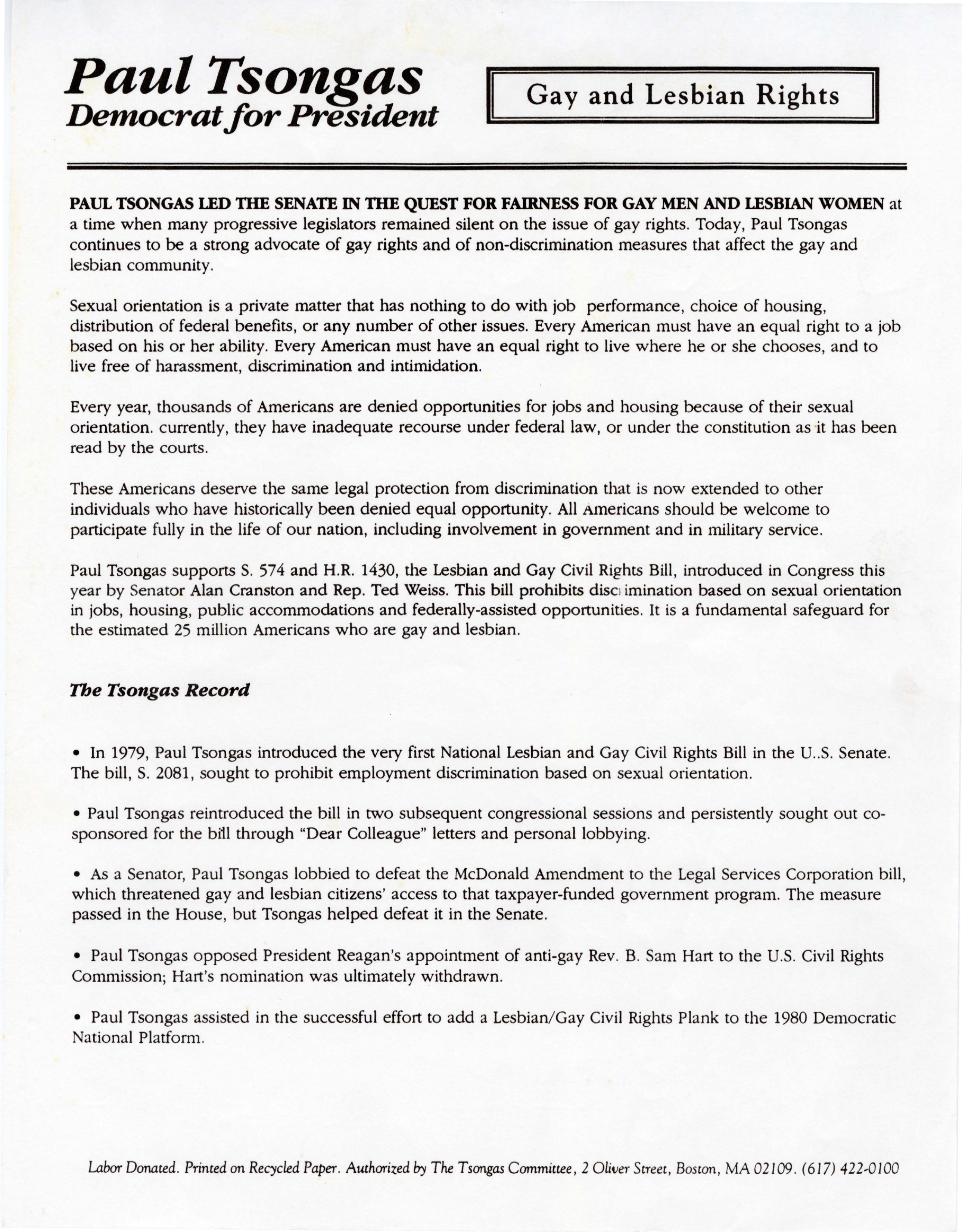
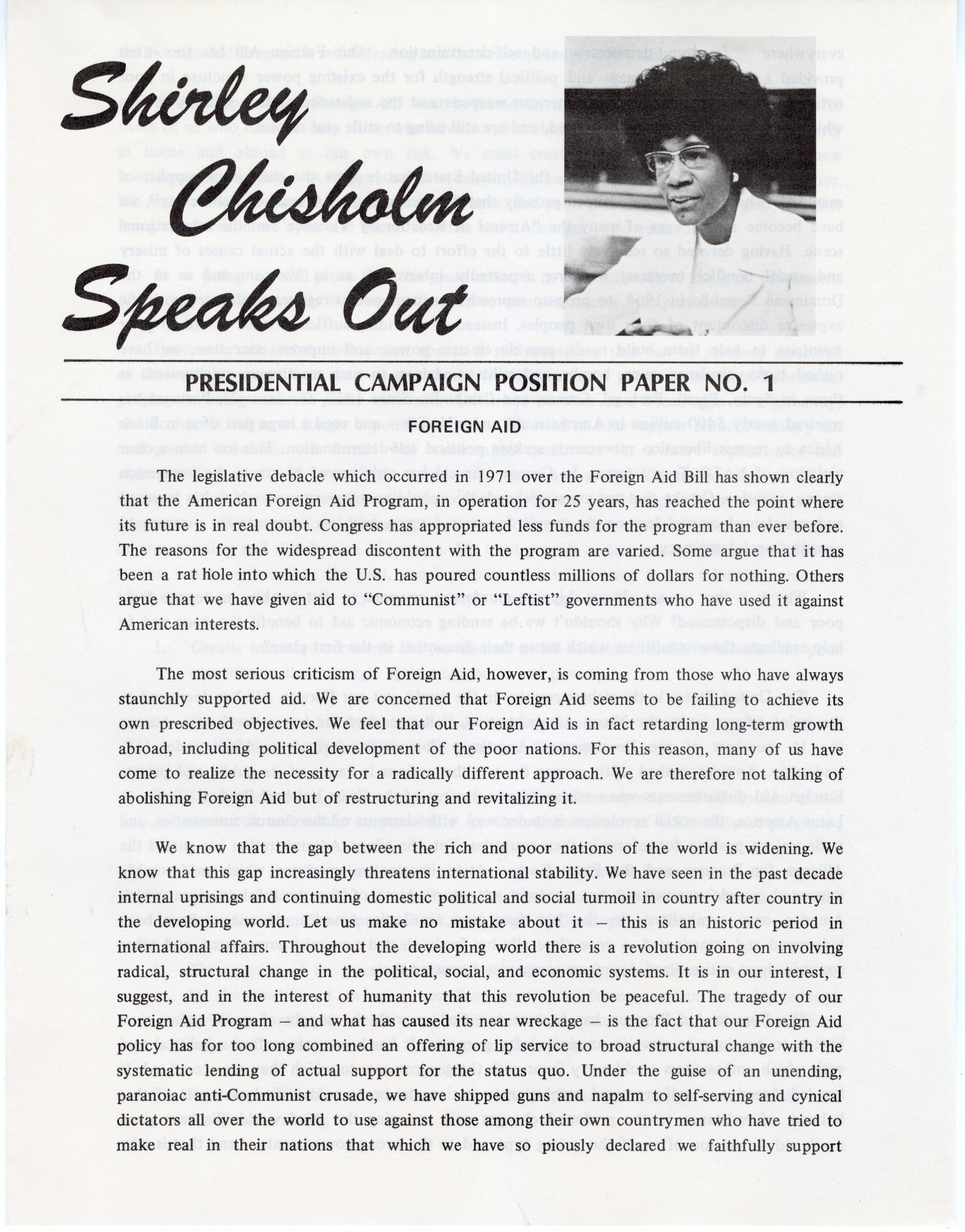
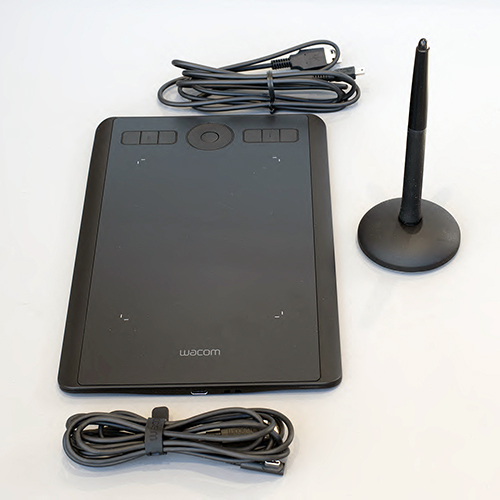 Need a laptop or tablet to work on artwork to submit?
Need a laptop or tablet to work on artwork to submit?